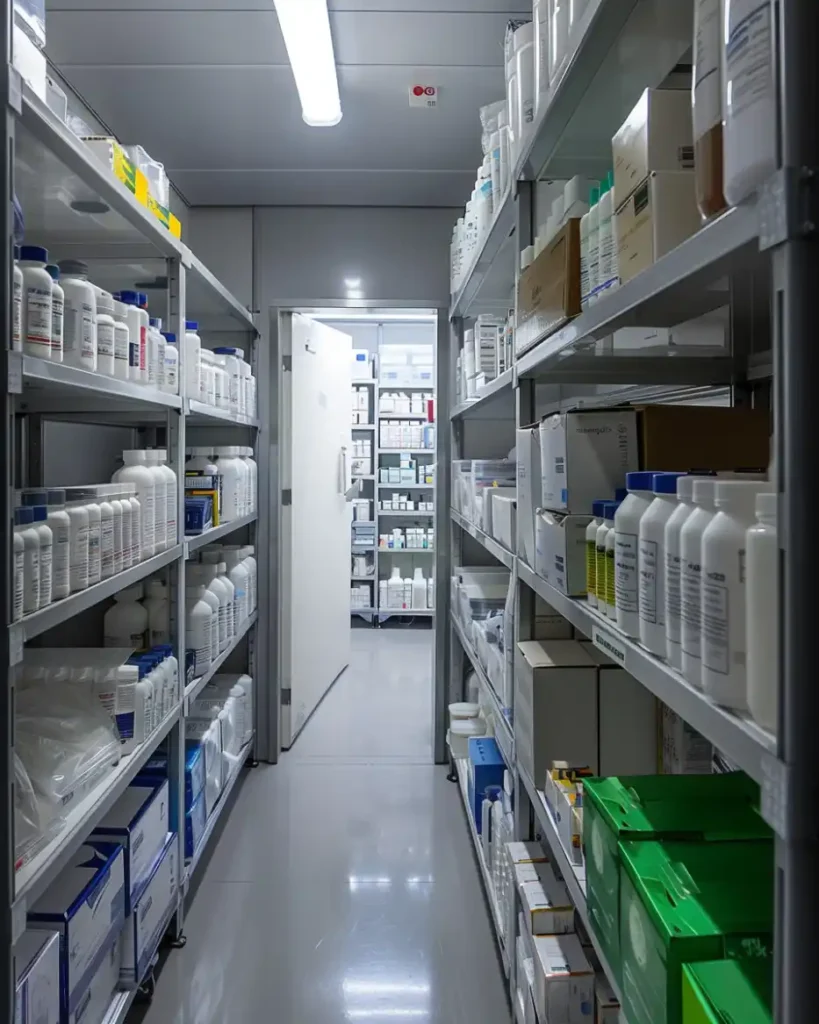
Kazakhstan is facing a dilemma in ensuring access to medicines for patients with rare diseases while managing budget constraints.
The country officially recognizes 66 groups of orphan diseases, with over 80,000 registered patients, including 21,000 children.

Current Orphan Medicine Financing and Access in Kazakhstan
Currently, Kazakhstan reimburses 42 orphan medicines at the national level out of 205 approved medicines.
Financing comes from the national budget, local budgets, and the “Kazakhstan Khalkyna” public fund.
In 2023, the national budget alone provided medicines worth over 62 billion tenge to 34,000 rare disease patients.
However, access remains an issue. Many potentially effective orphan drugs are not registered in Kazakhstan due to low government-set ceiling prices. The government sole distributor, SK-Pharmacia, has also had supply interruptions.

Proposed Changes to Orphan Medicine Financing
To address rising costs, the Ministry of Health is considering shifting funding for some orphan medicines to charitable foundations like “Kazakhstan Khalkyna”.
Orphan medicines for 1% of patients now consume 25% of the state pharmaceutical budget, up from 3.5-4 billion tenge in 2018-2019 to 90 billion tenge in 2023.

Patient Group Concerns and Government Response
But this proposal has sparked concerns from patient advocacy groups.
They fear treatment interruptions and worsened access if unstable donation-reliant charities take over funding from the government.
Advocates are calling for sustainable public funding and registration of more orphan medicines to fulfill the state’s obligation to the 80,000+ patients.
The government assures that necessary medicines for 2024 have been purchased and is discussing options with stakeholders before making a decision.
Vice Minister of Health Vyacheslav Dudnik acknowledged patient concerns and pledged to consider all opinions in optimizing the budget.
Pharmaceutical Industry Perspective
William Wickham, CEO of Delta Medical, highlights the complexities of orphan drug production.
“Most orphan medicines have long production lead times. To guarantee stable availability, Kazakhstan needs a long-term approach to forecasting, ordering, and financing these treatments,” Wickham explains. “Typically, this requires the government or similar organizations with long-term models. It’s not clear how a charity fund would be able to manage this effectively.”


